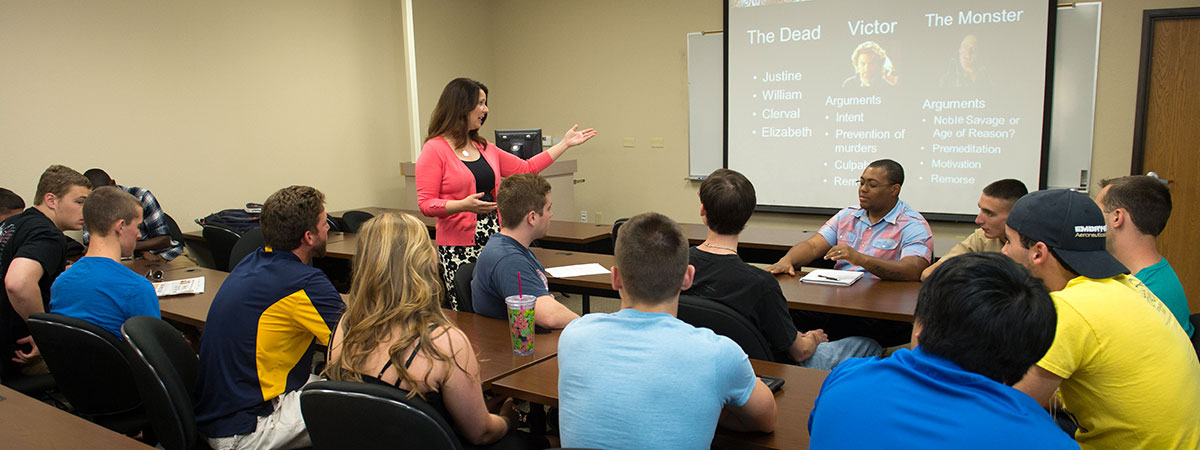Document Type
Article
Publication/Presentation Date
2008
Abstract/Description
This article is a discussion of the Fulani belief in barki (benediction) and kuddi (malediction) in an attempt to show how it informs this deeply religious West African society's perception of success and failure and how, in turn, this perception affects the society's understandings of the political and economic challenges in Africa. Because the Fulani are an Afro-Muslim society, the article is also a discussion of the convergence of indigenous African traditions and Islamic ones as observed in the socio-religious beliefs of the Fulani of Guinea.
Publication Title
Indigenous Nations Journal
Required Publisher’s Statement
KU ScholarWorks is the digital repository of the University of Kansas. It contains scholarly work created by KU faculty and staff, as well as material from the University Archives. KU ScholarWorks makes important research and historical items available to a wider audience and helps assure their long-term preservation. On February 11, 2010 the KU Faculty Senate passed a revised Open Access policy granting the University permission to deposit a copy of their scholarly work in an open access repository-- KU Scholar Works. For information about the policy, "how to" documents, Q&A, addenda and more, please visit, http://openaccess.ku.edu File or Link to Open Access publication: http://kuscholarworks.ku.edu/dspace/handle/1808/5816
Scholarly Commons Citation
Camara, M. (2008). Benediction and Malediction in Fulani Culture: Exploring an Afro-Muslim Perception of the Socio-Spiritual Dimensions of Success and Failure. Indigenous Nations Journal, 6(1). Retrieved from https://commons.erau.edu/db-humanities/9


Additional Information
Dr. Mohamed Camara is now a member of the Department of Security Studies and International Affairs and all further publications will be added to that area.